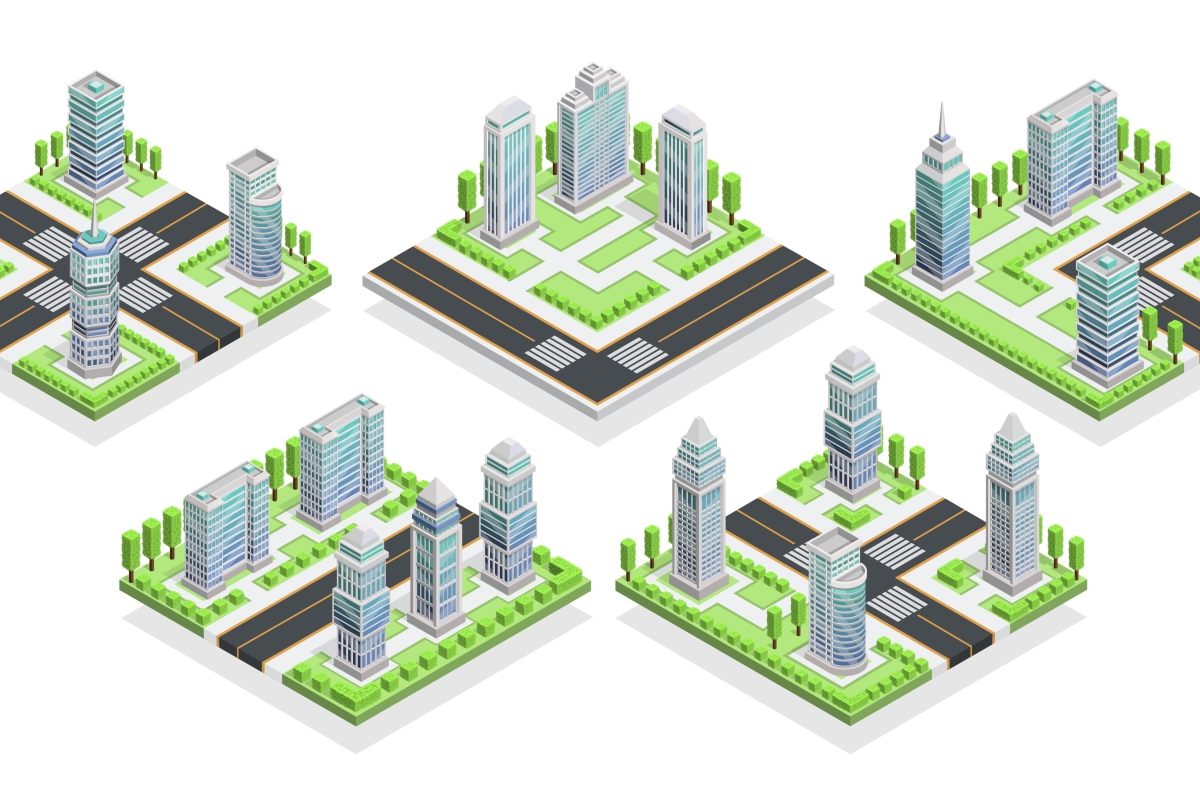
What if the main street of a city is pedestrianised, if the railway network is buried or if a new neighborhood is built? Until now, we have not been able to determine the precise consequences of such a public intervention. Soon, however, it will be unthinkable to make a decision in the real world without first testing it in the virtual environment.
Spaces, cities and territories can have digital twins: virtual models that simulate the behaviour of their real-world counterparts. These models, made possible by the combination of the internet of things and artificial intelligence, allow us to anticipate potential problems and test different solutions. The Mar Menor, the city of Barcelona and even countries like Singapore already have their own digital twin.
Although originally designed to replicate physical reality, they are being used to manage cities and territories as a whole, making it easier to manage resources and transportation networks more efficiently. However, their advantages go beyond just replicating physical infrastructure. Socioeconomic dynamics can lead to pollution, spatial segregation or difficulties in access to housing, and digital twins can be used to pilot which public policies are most recommendable in each case. For example, the Zaragoza digital twin has been used to identify heat islands and vulnerable households in the city to test which environmental and social policies work best in these areas.
However, as with other applications of artificial intelligence, it is crucial to ensure that the data and algorithms incorporated into simulations do not reproduce or amplify existing inequalities. For digital twins to really help us improve the governance of our cities and territories, they will need to be ethical.
For more information, please see: Ayuntamiento de Zaragoza. “El Ayuntamiento de Zaragoza completa su primer gemelo digital destinado a medir la vulnerabilidad en toda la ciudad”, Zaragoza Noticias; Batty, Michael. “Digital Twins in City Planning.” UCL Working Papers Series, n.º 237, 2023; Latorre, Lucía et al. Tech Report: Digital Twins. Washington: Inter-American Development Bank, 2024; Observatory of the Public Sector Innovation. “vCity, a human-centric platform for urban digital twins”, OCDE, 2025; Observatory of the Public Sector Innovation. “Virtual Singapore.” OCDE, 2024; and, National Office of Foresight and Strategy (coord.). HispanIA 2040: How artificial intelligence will improve our future. Madrid: Ministerio de la Presidencia, 2025.